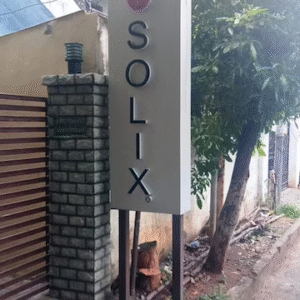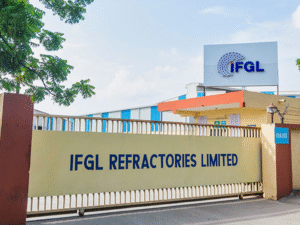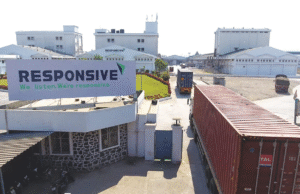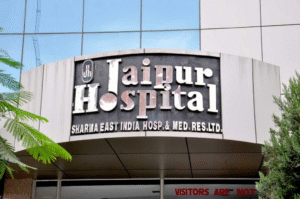1. At a Glance
Sharma East India Hospital & Medical Research Ltd (SEIHMR) is a ₹43 Cr microcap running Jaipur Hospital, a NABH-accredited multispecialty hospital. On paper, it’s Rajasthan’s pride—first to do joint replacements, with futuristic “antistatic” operation theatres. On the balance sheet, it’s a mix of hospital bills, pharmacy sales, and accounting CPR. FY25 revenues jumped 65% to ₹32.6 Cr, profits grew 63% to ₹1.32 Cr, but margins wobble like a patient fresh out of anesthesia. The stock just doubled in 3 months (+45.8%)—making it the new “surgical strike” for penny-stock hunters.
2. Introduction
Hospitals are usually boring businesses—patients come in sick, leave poorer, and shareholders get their cut. But Sharma East India Hospital is different: it’s both ahospitaland areal estate services company(yes, land + lungs under one roof).
Incorporated in 1989, the company is essentially Jaipur Hospital at Lal Kothi, Tonk Road, with ~100% revenue from patients and pharmacy. Empanelled with TPAs, govt. institutions, and banks, it gets a steady inflow of insured customers whose bills are processed faster than private patients’ recovery.
But financials reveal the irony: for 3 years ROE was negative (ouch), only turning positive in FY25 at 10.5%. The operating margin hovers around 11%, decent for a hospital, but the scale is tiny—₹32 Cr revenue is what Apollo Hospitals makes in less thantwo hours. Yet, being a microcap, even ₹1.3 Cr profit gives it a frothy P/E of32.6×. Investors seem more excited about its growth spurt than its size, which is like cheering a toddler for taking two steps.
3. Business Model (WTF Do They Even Do?)
- Core:Runs Jaipur Hospital, NABH accredited, offering general & specialty care.
- Special Sauce:Orthopedic replacement surgeries with shiny imported implants.
- Facilities:Sterile OTs with “total body exhaust systems” (sounds like a fancy gym membership).
- Revenue:~100% from patient bills, pharmacy, and services—no diversification beyond healthcare.
- Real Estate:Legacy business line, but not a meaningful contributor now.
Essentially, SEIHMR is a one-hospital, one-city
operator. Investors betting here aren’t buying a chain—they’re buying a local hospital that hopes to scale up.
4. Financials Overview
Q1 FY26 Snapshot vs YoY & QoQ:
| Metric | Jun 2025 | Jun 2024 | Mar 2025 | YoY % | QoQ % |
|---|---|---|---|---|---|
| Revenue | ₹9.47 Cr | ₹6.72 Cr | ₹5.98 Cr | +40.9% | +58.4% |
| EBITDA | ₹0.92 Cr | ₹0.86 Cr | ₹0.81 Cr | +6.9% | +13.6% |
| PAT | ₹0.32 Cr | ₹0.25 Cr | ₹0.37 Cr | +28.0% | -13.5% |
| EPS (₹) | ~0.77 | ~0.60 | ~0.89 | +28.3% | -13.5% |
Commentary:Revenue jumped YoY and QoQ—hospital beds filled up. But PAT fell QoQ due to higher costs. Margins = fragile, like a glass syringe.
5. Valuation (Fair Value RANGE only)
Method 1: P/E
- EPS (TTM) ≈ ₹4.0
- Apply peer band (15–25× for small hospitals vs 50× for diagnostics giants).
- FV = ₹60 – ₹100
Method 2: EV/EBITDA
- EBITDA (TTM) ≈ ₹4 Cr
- EV = ₹44.8 Cr → EV/EBITDA = 11.1×
- Peer avg ~15× → FV = ₹55 – ₹65
Method 3: DCF (Simplified)
- PAT ≈ ₹1.3 Cr, 20% growth, 12% WACC.
- FV ≈ ₹70 – ₹90
Final FV Range:₹55 – ₹100This FV range is for educational purposes only and is not investment advice.
6. What’s Cooking – News, Triggers, Drama
- Strong Q1 FY26:Revenue +41% YoY, but PAT margin still thin.
- Auditor Switch (2023):Amit Goyal & Co resigned, replaced by Gopal
















